Premium Only Content
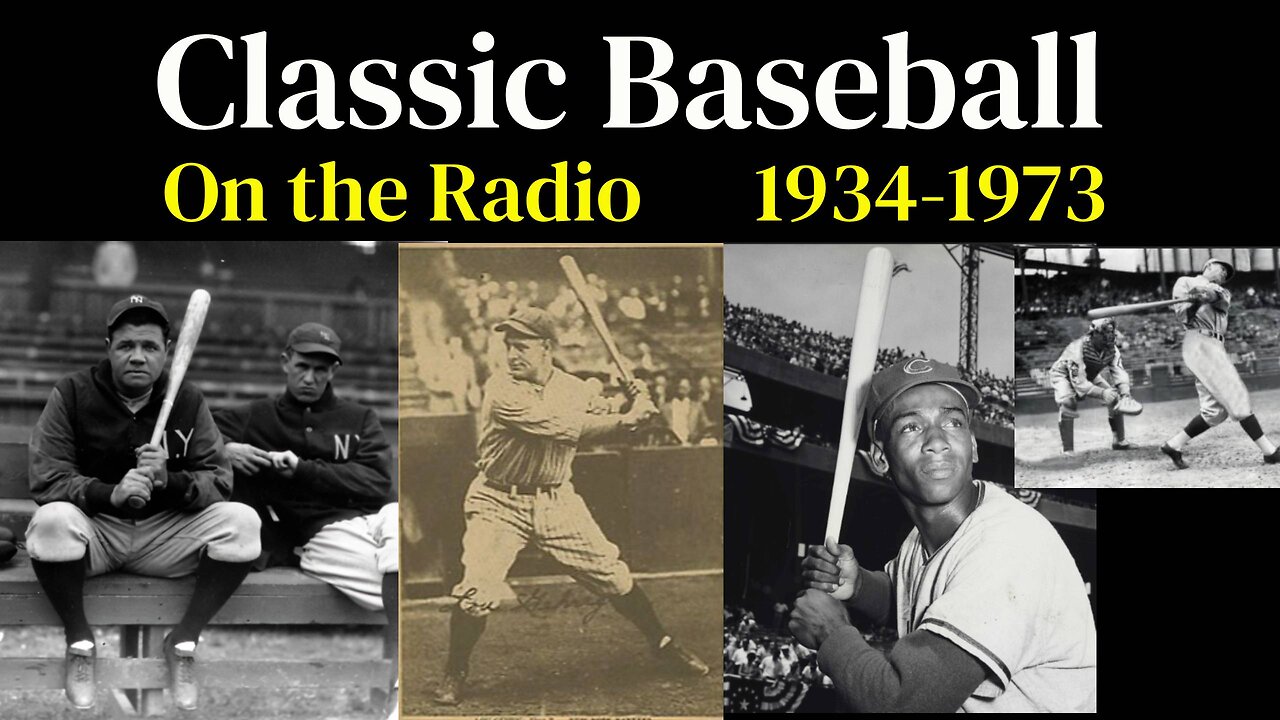
1945/10/03 World Series | Game 1 | Cubs vs Tigers
You’re listening to radio broadcast of baseball from 1934 – 1973.
All the greats from the past can be heard in play-by-play action. You’ll hear All-Star games from the 30s as well as individual games of your favorite teams.
Baseball stormed into the 1930s on a voracious high, riding high-speed momentum on the field and on the bottom line; as the fans were thrilled by the boom in offense, the front office was similarly elated by the explosion in profits.
But outside events would slam the brakes on the game’s go-go mentality. The stock market crashed at the end of 1929—sending stocks on a downward spiral that bottomed out in 1932 with a Dow Jones Industrial Average not of 10,000 or 1,000, but 40. Unemployment shot up to 25%, and the only housing growth that seemed to be taking place was those of the shantytowns, makeshift encampments for the many out of work.
The American League continued to deliver all-out offense, propelled by its abundance of hitting stars led by Jimmie Foxx, Lou Gehrig, Hank Greenberg, Earl Averill and Charlie Gehringer. The only AL pitcher who seemed constantly capable of figuring out the hitters was unstoppable ace Lefty Grove.
Meanwhile, the National League—after cranking out an over-the-top batting binge in 1930—muted the hit parade and gave pitchers the equilibrium they’d been desperately seeking since the end of the dead ball era. The NL’s biggest stars of the decade lived on the mound: The colorful, controversial Dizzy Dean, and quiet screwball artist Carl Hubbell.
World War II stripped many of the game’s greats of up to four years of their prime in baseball. If not for armed conflict, Ted Williams—arguably the best pure hitter the game has ever seen—might have finished his career with 3,200 hits and 650 home runs. Warren Spahn, the game’s most productive southpaw, quite possibly would have topped 400 wins. Bob Feller, armed with a supersonic fastball, could have won 300 games, and struck out 3,500. Hank Greenberg might have joined the 500-home run club, while Washington’s Mickey Vernon could have made it to 3,000 hits. But from the heart and to a man, every ballplayer would have considered such a relatively trivial loss of statistics as a small sacrifice compared to helping America defeat the Axis powers.
-
 29:40
29:40
ROSE UNPLUGGED
17 hours agoThe Days of Noah and Lot: A Prophetic Parallel
2731 -
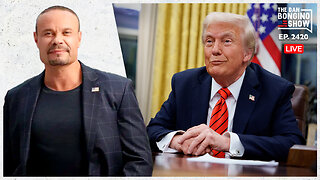 1:00:36
1:00:36
The Dan Bongino Show
5 hours agoThe Liberal Meltdown Means They're Guilty In This Scandal (Ep. 2420) - 02/11/2025
630K1.21K -
 51:47
51:47
The Rubin Report
4 hours agoElon Musk’s Tweet Reveals He’s Ready to Go Nuclear on Judge Stopping DOGE
63.4K112 -
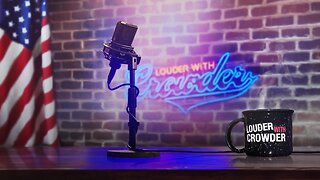 2:04:58
2:04:58
Steven Crowder
5 hours ago🔴 Gulf of America Day: Why Trump's Renaming Spree is More Important than You Think
405K276 -
 2:03:33
2:03:33
LFA TV
18 hours agoSWAMPY SHOWDOWN! | LIVE FROM AMERICA 2.11.25 11AM
74.6K23 -
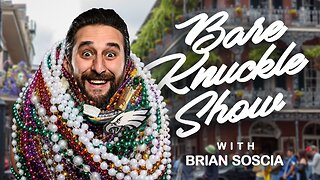 1:13:48
1:13:48
Bare Knuckle Fighting Championship
1 day agoThe Bare Knuckle Show with Brian Soscia
23.6K -
 LIVE
LIVE
I_Came_With_Fire_Podcast
3 hours agoGlobal Conflict | AGI | The Future Of The Social Contract
136 watching -
 1:29:16
1:29:16
The Shannon Joy Show
4 hours ago🔥🔥Con Inc. Has Declared Complete VICTORY For Trump & MAGA. Is It Really That Easy? Also UPDATES On Medical Freedom With Special Guests Werner Mendenhall & Deb Conrad! 🔥🔥
14.9K4 -
 DVR
DVR
Bannons War Room
1 year agoWarRoom Live
113M -
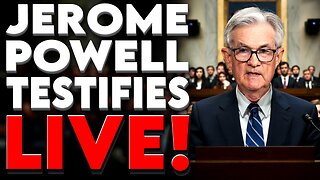 3:26:47
3:26:47
Matt Kohrs
12 hours agoPowell Testifies, Musk OpenAI Drama & Markets Turn South || The MK Show
73.3K10